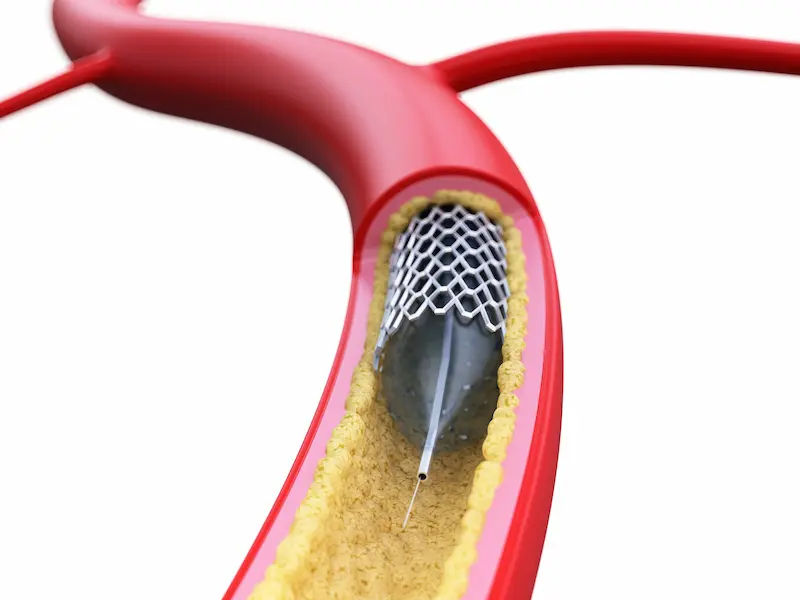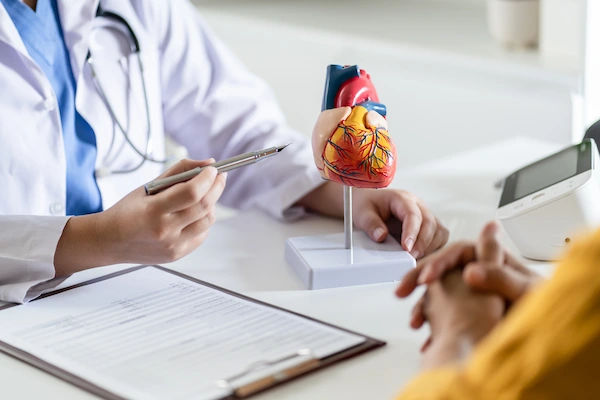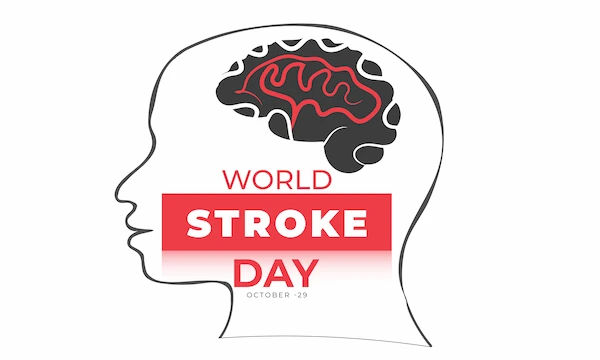- female
- 30 Years
- 22/01/2025
I've just gotten over COVID, and I've noticed some changes in my heart rate. When I'm at rest, it's okay around 70-95, but when I climb stairs, it spikes to between 160-165. Even when I'm just walking at a pace of 5 kmh, it's around 130-140. Is this normal post-COVID, or should I be concerned?
More Cardiology Health Queries
View allI'm a 29-year-old female and recently had my blood pressure checked. It was 13090. Is this normal? My doctor told me not to worry, but I'm not on any medication and I'm a bit concerned. Can you give me some insight on whether I should be worried or if there's anything specific I should be doing?
Yes it's normal, according latest guidelines 14090 is absolutely normal no need to worry, maintain healthy lifestyle
Answered by 1 Apollo Doctors
I've been having a heavy feeling and some pain on the left side of my chest, close to my heart, since this morning. I'm really concerned that it could be something related to my heart, even though I'm only 28. Should I be worried about this, or could it be something else?
yes an ECG along with cardiac markers are advised to the patient
Answered by 1 Apollo Doctors
Greetings, doctors. I'm really worried about my heart. I'm 36, weigh 45 kg, and stand 5'4". I've been through countless tests like ECG, echo, TMT, and USG, and they all show I'm normal. Despite this, I'm terrified that I'll die of a heart attack. I witnessed my cousin's grandmother die from a heart issue right in front of me a couple of years ago, and ever since, Ive been living in fear. Because of this fear, my heart's always palpitating, I have difficulty breathing, feel dizzy, and get chest pains sometimes. Even when I had palpitations, my ECG showed normal at 116 bpm. My blood pressure is also steady, usually at 12080 or 70. It's scary, and I've even quit my job over this stress. All my tests like thyroid, KFT, lipid, vitamins, and LFT are also normal. Should I consider coronary angiography or maybe something else? I'm just feeling lost and need guidance, please.
It sounds like you are experiencing a lot of anxiety and fear related to your heart health. Given your age, weight, and the normal test results you have mentioned, it is less likely that you have a serious heart condition. The symptoms you are describing, such as palpitations, difficulty breathing, dizziness, and chest pain, could be related to anxiety and panic attacks. To help alleviate your fears and symptoms, I recommend trying a medication called **Propranolol**. It is a beta-blocker that can help with palpitations, chest pain, and anxiety. You can start with a low dose of **10mg** once a day and gradually increase it as needed under medical supervision. In addition to medication, it would be beneficial for you to seek counseling or therapy to address the underlying anxiety and fear you are experiencing. **Sertraline** is an antidepressant that can also help with anxiety. You can start with a dose of **25mg** daily and adjust as needed. Remember to practice relaxation techniques, such as deep breathing exercises and mindfulness, to help manage your anxiety symptoms. It is important to take care of your mental health as well as your physical health. If your symptoms persist or worsen, do not hesitate to follow up with a healthcare provider for further evaluation and support.
Answered by 1 Apollo Doctors
Disclaimer: Answers on Apollo 247 are not intended to replace your doctor advice. Always seek help of a professional doctor in case of an medical emergency or ailment.






